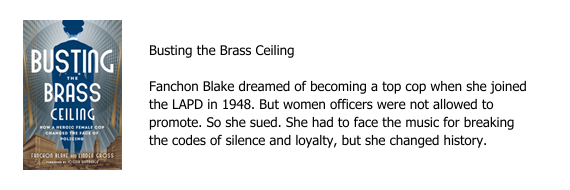“Is my writing any good?” most of my new writing coach clients want to know. I usually dodge the question because that’s just not the issue. If their writing needs help, we’ll make it stronger. No big deal. The real challenge for each writer, whether they’re writing fiction or nonfiction, is to find their writer’s voice. That voice will instruct everything from word choice to sentence structure, setting a mood, establishing a personality, exuding authority and informing the readers’ experience. That voice is what sets the author apart.
Ironically, finding that unique writer’s voice can be hard to do. We’re all so worried about whether we’ve gotten something right and whether we’re good enough, that we focus on the wrong thing when writing. The objective with that first chapter and indeed, that entire first draft, is not to get it perfect. That comes after many drafts and just as many edits. The objective is to nail your writer’s voice, so that you, the creator of your piece of writing, shine through.
That’s why I almost always have my new clients start with sloppy copy. You can’t possibly stress about perfectionism if your instructions are to not worry about spelling, grammar, logic, continuity or anything else. I liken this process to free-associating on the page. You just let it rip without overthinking what you’re writing about and then see what comes out. You may–or may not–wind up with pages that slot into your manuscript. But in the process, if you really let yourself go, you’ll discover that all important writer’s voice.
Another possibility, especially if you’re writing nonfiction, is to tape yourself explaining the issues you want to write about to someone else. Then have the tape transcribed, which you can do very economically through automated transcription, with a turn-around time that is often less than ten minutes if your file isn’t huge. You’ll need to polish that transcript since we don’t speak as cleanly as we write (which explains my tagline–Sounds like you, only better!). Odds are, however, that you’ll find your writer’s voice through your impassioned speaking voice.
“Ultimately, finding your voice as a writer is about discovering and knowing who you are in the world,” writes Flavia Young in her Writer’s Edit article 7 Writing Exercises To Help You Find Your Writer’s Voice. “It’s about embracing the very essence of your uniqueness–your particular insights, your passions, your personality, and your experiences.”
So, here’s to you and your writer’s voice. Let’s make that the focus, okay? There will be plenty of time to worry about the rest once you’ve got your writer’s voice down.




















0 Comments